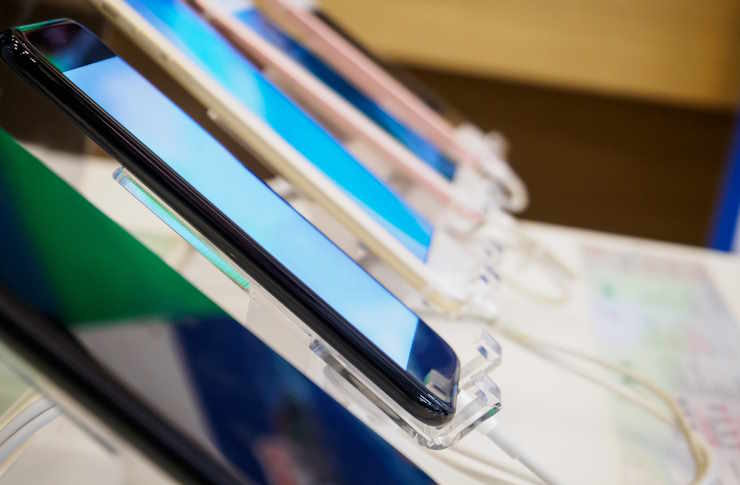Overview of Diabetes Monitoring and Management Tools
Diabetes management typically includes regular monitoring of blood glucose levels using devices such as glucose meters or continuous glucose monitors. Control strategies may also involve diet, physical activity, and medical guidance based on individual health needs and recommendations from licensed healthcare providers.

What are the essential tools for monitoring blood glucose levels?
At the core of diabetes management is the ability to accurately measure blood glucose levels. The most common tool for this purpose is the glucose control monitor, also known as a blood glucose meter. These devices typically require a small blood sample obtained through a finger prick. Modern glucose meters are compact, easy to use, and provide quick results, allowing individuals to make informed decisions about their diet, activity, and medication throughout the day.
For those seeking more continuous data, continuous glucose monitoring (CGM) systems have become increasingly popular. These devices use a small sensor inserted under the skin to measure glucose levels in interstitial fluid every few minutes. The data is then transmitted to a receiver or smartphone app, providing real-time information and alerts for high or low glucose levels.
How do diabetes test kits contribute to effective management?
Diabetes test kits are comprehensive tools that often include a glucose meter, test strips, lancets, and sometimes a lancing device. These kits are essential for individuals who need to monitor their blood glucose levels regularly at home. Many modern test kits are designed for ease of use and portability, allowing people with diabetes to check their levels anytime, anywhere.
Some advanced diabetes test kits may also include additional features such as ketone testing capabilities, which can be crucial for individuals with Type 1 diabetes to detect the risk of diabetic ketoacidosis. The convenience and reliability of these kits empower patients to take an active role in their diabetes management, leading to better overall control and reduced risk of complications.
What role do glucose control pills play in diabetes treatment?
For many individuals with Type 2 diabetes, glucose control pills are a fundamental part of their treatment regimen. These medications work in various ways to help manage blood sugar levels. Some common types of glucose control pills include:
-
Metformin: Often prescribed as a first-line treatment, it reduces glucose production in the liver.
-
Sulfonylureas: These stimulate the pancreas to produce more insulin.
-
DPP-4 inhibitors: They help the body continue to make insulin and reduce glucose production.
-
SGLT2 inhibitors: These cause the kidneys to remove excess glucose through urine.
It’s important to note that glucose control pills are typically prescribed in conjunction with lifestyle modifications such as diet and exercise. The specific medication and dosage will depend on individual factors and should be determined by a healthcare provider.
Which foods are best for Type 2 diabetes management?
Diet plays a crucial role in managing Type 2 diabetes. Foods best for type 2 diabetes are those that have a low glycemic index and help maintain stable blood sugar levels. Some recommended food choices include:
-
Non-starchy vegetables: Leafy greens, broccoli, carrots, and peppers
-
Whole grains: Brown rice, quinoa, and whole wheat bread
-
Lean proteins: Chicken, fish, tofu, and legumes
-
Healthy fats: Avocado, nuts, seeds, and olive oil
-
Low-fat dairy: Greek yogurt and cottage cheese
It’s also important to control portion sizes and maintain a consistent meal schedule. Working with a registered dietitian can help create a personalized meal plan that fits individual preferences and health goals while effectively managing blood glucose levels.
What is Zepbound and how does it factor into diabetes treatment?
Zepbound is a relatively new medication that has gained attention in the field of diabetes management. It is the brand name for tirzepatide, a once-weekly injectable medication approved by the FDA for the treatment of Type 2 diabetes. Zepbound for diabetes works as a dual glucose-dependent insulinotropic polypeptide (GIP) and glucagon-like peptide-1 (GLP-1) receptor agonist.
This innovative medication has shown promising results in clinical trials, demonstrating significant improvements in blood glucose control and potential weight loss benefits. Zepbound may be prescribed for adults with Type 2 diabetes who have not achieved adequate control with diet, exercise, and other diabetes medications. As with any medication, it should be used under the guidance of a healthcare provider and in conjunction with a comprehensive diabetes management plan.
How do these tools and strategies work together for optimal diabetes management?
Effective diabetes management typically involves a combination of monitoring tools, medication, and lifestyle modifications. Here’s how these elements work together:
-
Monitoring: Regular use of glucose control monitors or CGM systems provides data on blood sugar trends.
-
Medication: Glucose control pills or injectable medications like Zepbound help regulate blood sugar levels.
-
Diet: Consuming foods best for type 2 diabetes helps maintain stable glucose levels.
-
Exercise: Regular physical activity improves insulin sensitivity and overall health.
-
Education: Understanding how to use diabetes test kits and interpret results empowers patients.
-
Healthcare Team: Regular check-ups and adjustments to the management plan as needed.
By integrating these various tools and strategies, individuals with diabetes can achieve better glucose control, reduce the risk of complications, and improve their quality of life. It’s important to work closely with healthcare providers to develop a personalized management plan that addresses individual needs and goals.
This article is for informational purposes only and should not be considered medical advice. Please consult a qualified healthcare professional for personalized guidance and treatment.




